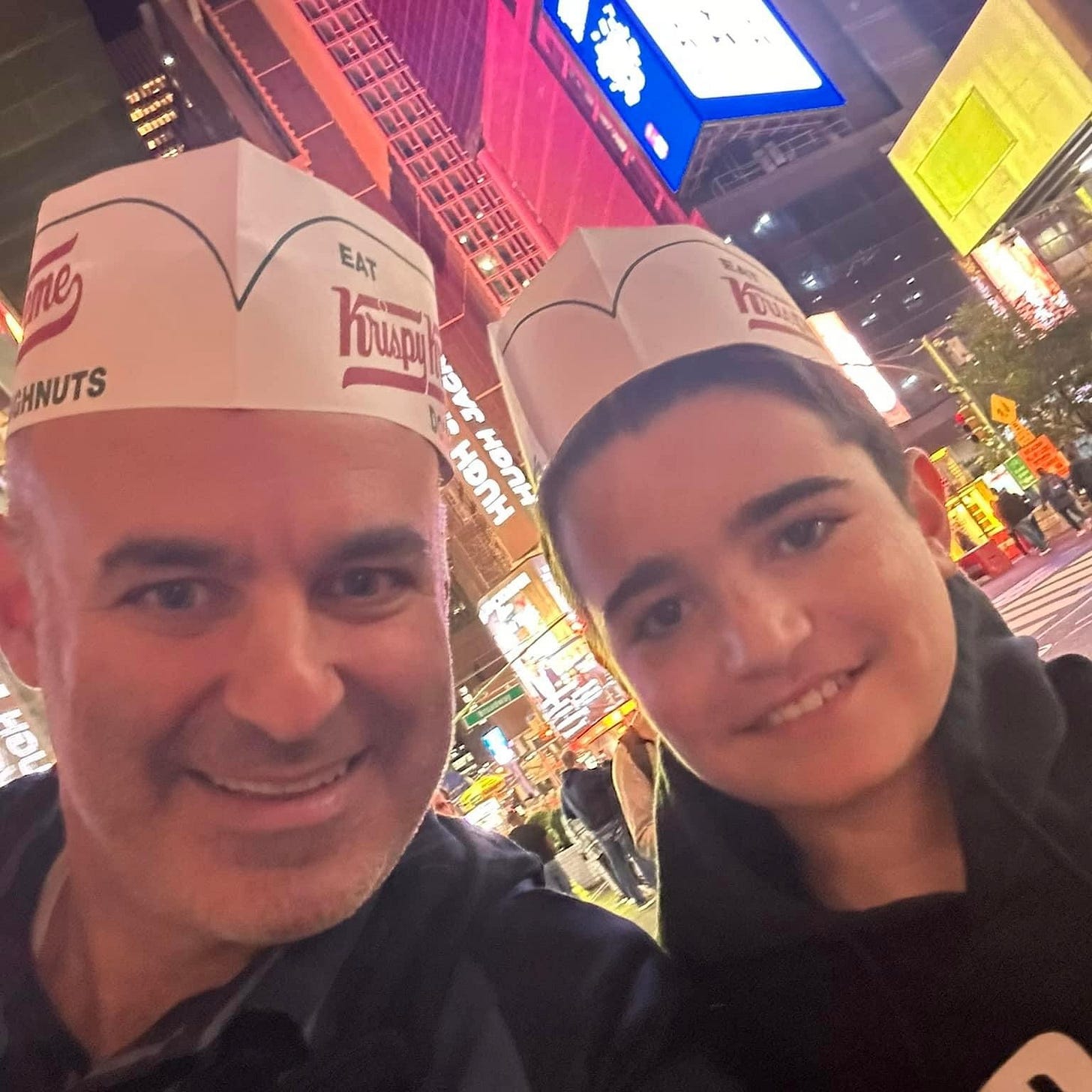Over three million people watched a woman get arrested for demanding her dental records.
The video title?
“Entitled Woman Turns a Dentist Appointment into Felony Charges.”
Now pause there.
That title doesn’t just describe what happened—it tells you how to feel about it. Before you’ve seen a single frame, it’s already made the case: she’s the problem. She’s not stressed. Not struggling. Not scared.
She’s entitled.
That one word hijacks the viewer’s lens. Suddenly, every raised voice is “tantrum,” every refusal is “defiance,” every mistake is “malice.” The comments section? Predictably brutal. Strangers compete to dunk on her harder. The top-voted jokes aren’t just cruel—they’re cues. They signal what’s acceptable to feel: disgust, superiority, mockery.
And here’s the dangerous part: they feel right.
Because once the framing has done its job, empathy gets edged out by performance. The woman becomes a meme, not a human.
But when I watched that video, I didn’t see entitlement.
I saw someone unraveling.
And I saw my son.
He’s neurodivergent. ADHD. Autism. Brilliant and compassionate—but when he’s overwhelmed? He spirals. He argues, repeats, escalates. Even simple instructions—“sit down”—can trigger a full shutdown if his brain’s already on overload.
Does that make him entitled?
The title doesn’t leave room for that question. And the comments sure don’t answer it. Because the whole structure is designed to sell certainty, not invite complexity. That’s what the Marketing Accountability Council (MAC) warns against: content that rewards oversimplification, fuels bias, and teaches audiences to react instead of reflect.
Let’s be honest—videos like this aren’t just documenting events.
They’re producing narratives.
They turn human behavior into spectacle. And they train us to mistake signs of neurodivergence for signs of moral failure.
This matters. Because the next time someone like my son gets overwhelmed in public, people around him won’t be seeing him.
They’ll be seeing her.
They’ll be seeing that title.
And they’ll react the way the comments taught them to.
So what can we do?
If you’re a content creator: drop the loaded framing. Let people decide without emotional bait.
If you’re a marketer: stop feeding algorithms that reward mockery.
If you’re a viewer: ask yourself who benefits from your outrage—and who pays for it.
Because sometimes the person melting down isn’t dangerous.
They’re just different.
And they don’t need to go viral.
They need to be seen.





If the price of drawing conclusions without actual insight into the situation, was followed by military leaders, entire armies would be wiped out.
The problem we have is there is no incentive to be truthful and more importantly, no immediate consequence for drawing incorrect conclusions. Everyone knows to look both ways before crossing the street to avoid being smashed by on oncoming vehicle. But making comments online based on incorrect assumptions (or purposeful misleading), there is no immediate cost for being so similarly uninformed.
I'm fairly certain if the people making comments on the video knew they would be hit by a bus if they made ignorant comments, they would have "checked both ways" before making them. Our job as a society is to force marketers to pay a severe price for misleading us, and reward marketers who are honest with us.